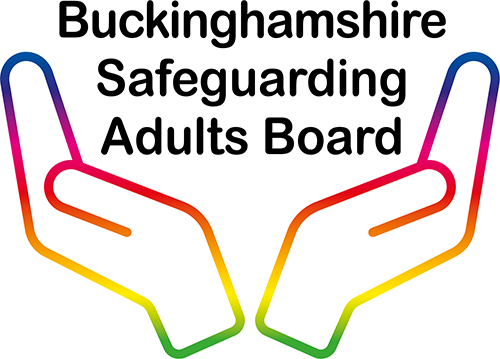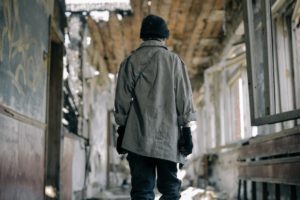Self Neglect
What is Self Neglect?
Self-Neglect is where someone neglects themselves and/or their accommodation.
It has to be acknowledged that it is difficult to work with people who self-neglect as it can be seen as a “life style” choice but this is often not the case; however it is not a simple as just needing a deep clean.
Types of Self Nglect include the following various behaviours; disregarding one’s personal hygiene, health or surroundings resulting in a risk that impact on the adult’s wellbeing, this could consist of behaviours such as hoarding.
Why is it important to recognise Self Neglect?
In Buckinghamshire we have had several Safeguarding Adult Reviews* on Self Neglect and as a result we have developed a Tool Kit for people working with people who are self-neglecting and this can be found on our website.
- First recognise when people are self-neglecting either themselves or their environment – the Board has produced guidance on self-neglect
- Not make judgements based on their own values around what is neglect, instead use the self-neglect tool kit such as the hoarding charts etc.
- That when practitioners come across people who are self-neglecting that the consider making a referral to Adult Safeguarding and that they use the Threshold Tool to assist in determine when to make a referral.
- That practitioners look at the network around a person and understand that when there is a change in this network this may affect other aspects of their life. It might be useful to do a draw an eco-map to look at people who support them
- That when clients go missing, that practitioners use the “missing person protocol” which can be found on our website. That they record in detail what they have done to contact the person, including phone calls etc.
- Mental Capacity may be an issue at some point when someone is self-neglecting and practitioners should record whether they have considered mental capacity as an issue and if they have evidence of mental capacity assessments and Best Interest Decisions.
- If you are a member of the public and your friend, family member or neighbour may be a victim of self neglect then there is support available. You should always talk to the person themsevles and ask them if they would like help and get their consent to refer to other agencies. However even without their consent you can still seek help.
- Safeguarding Adults Team – MASH on 0800 127 915
- General Practitioners (this will depend on the person)
- There is a support group for hoarding run by Bucks Fire and Rescue Service https://bucksfire.gov.uk/service/hoarding-support-group/
Over the last year BSAB has undertaken two SAR’s both on victims of people who had self neglected.
The Board has, therefore, decided to focus on self neglect within its Strategy for 2018/2020 , as well as developing a self neglect tool kit for practioners.

